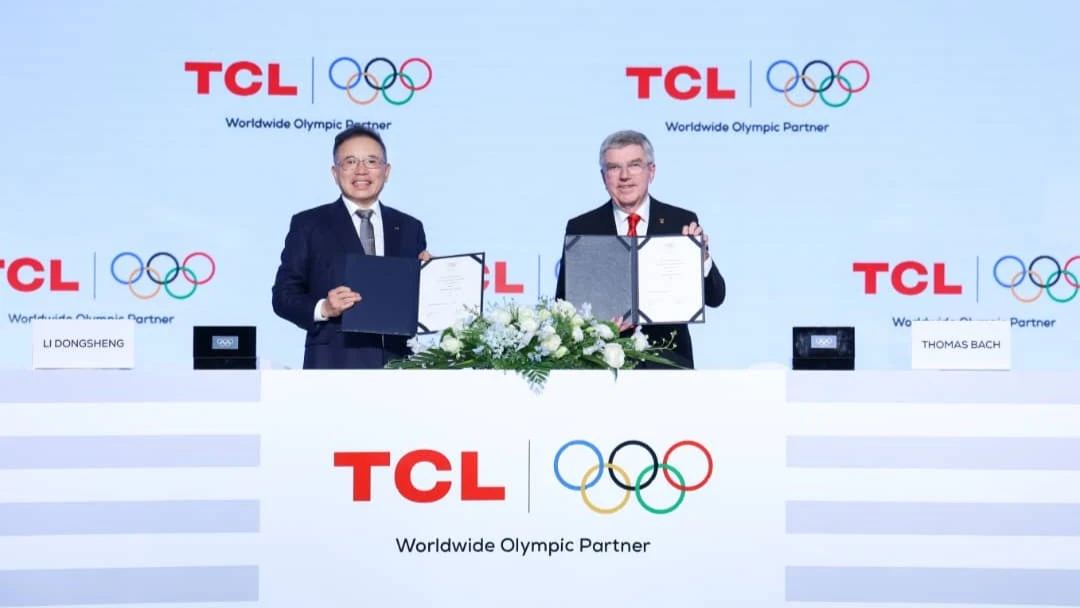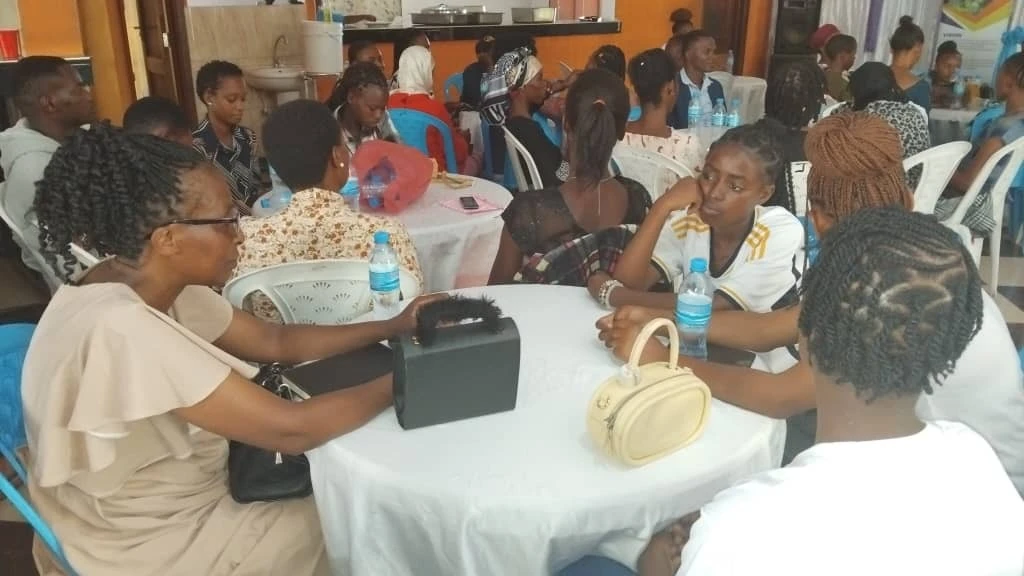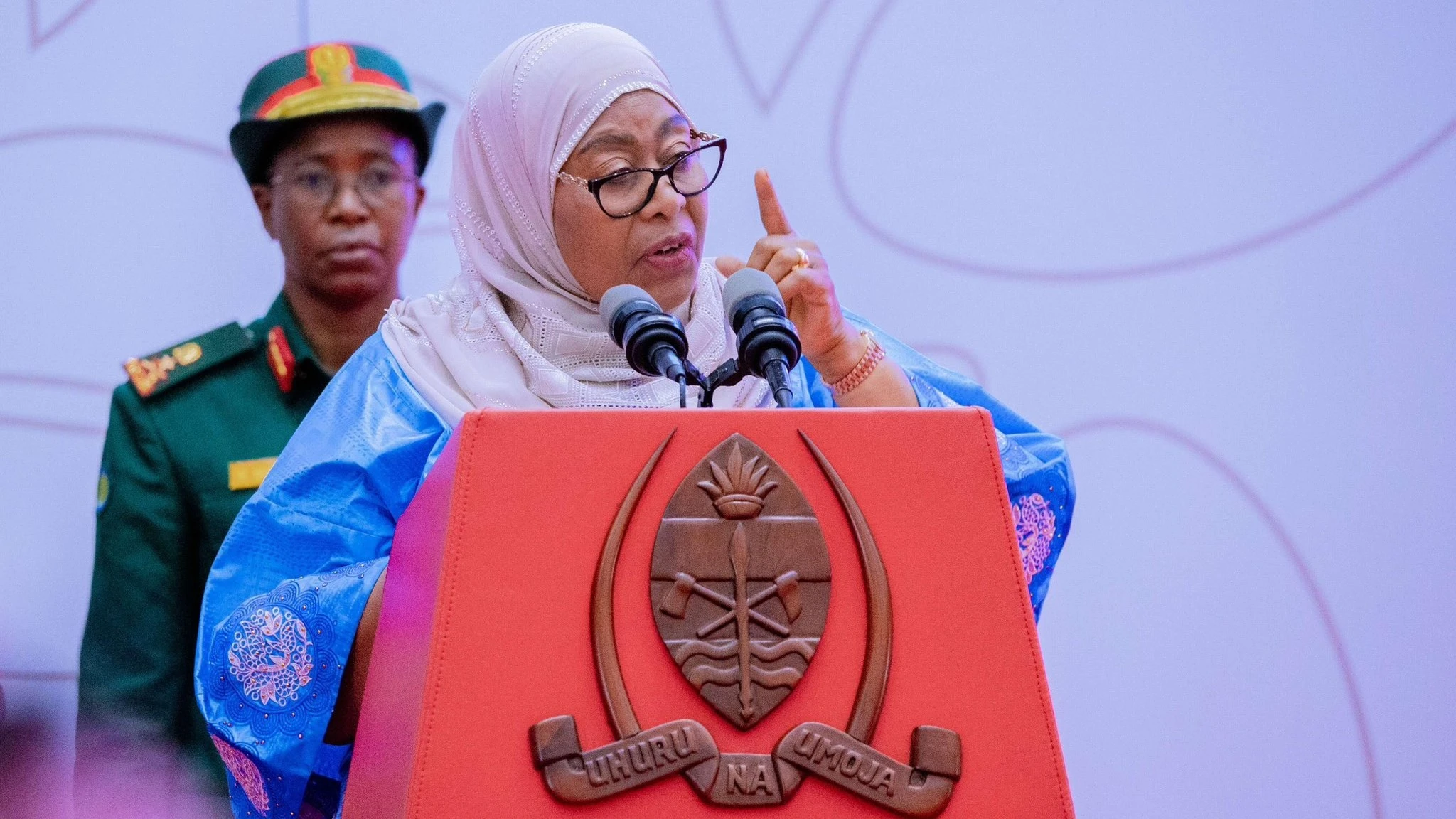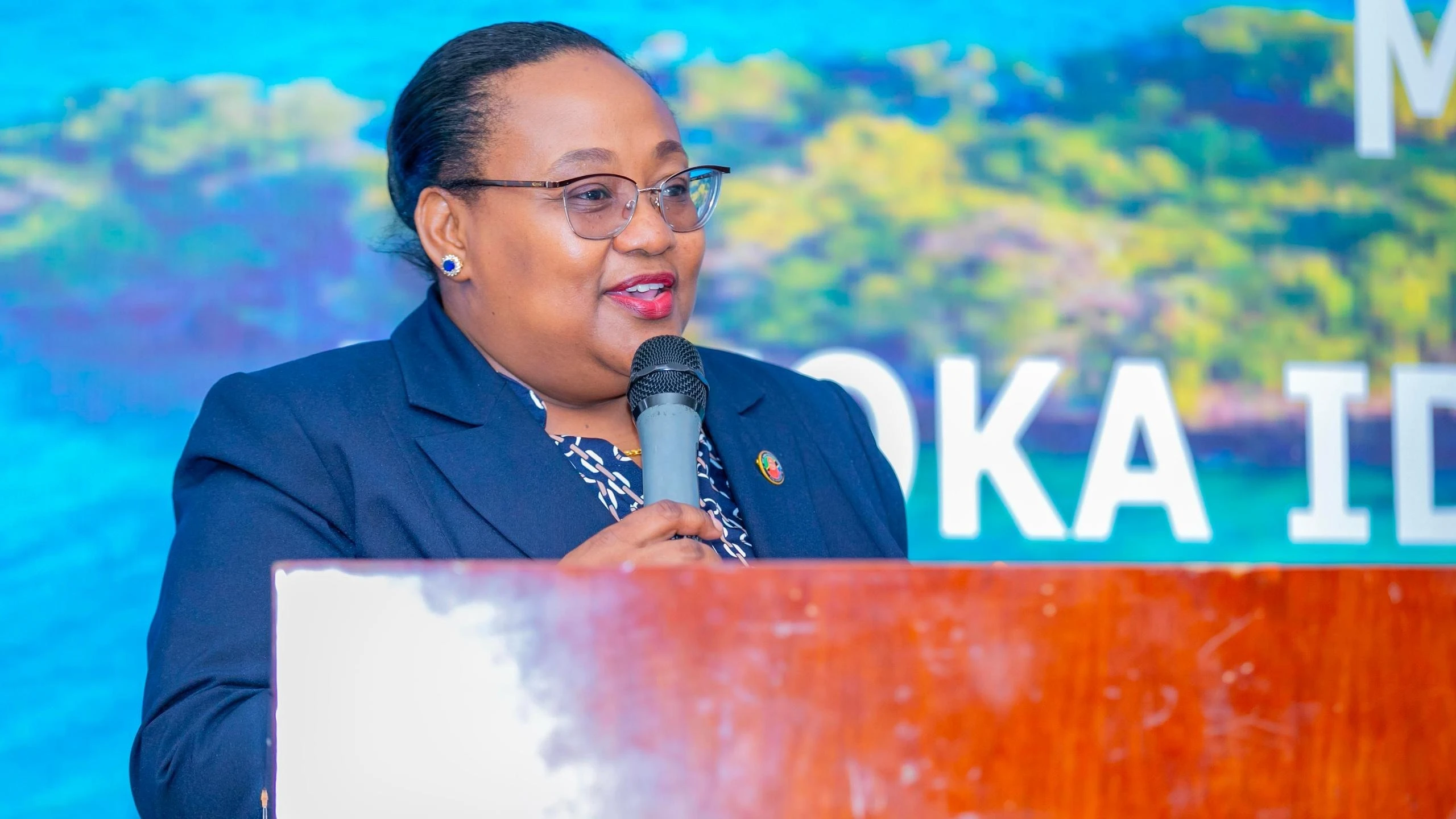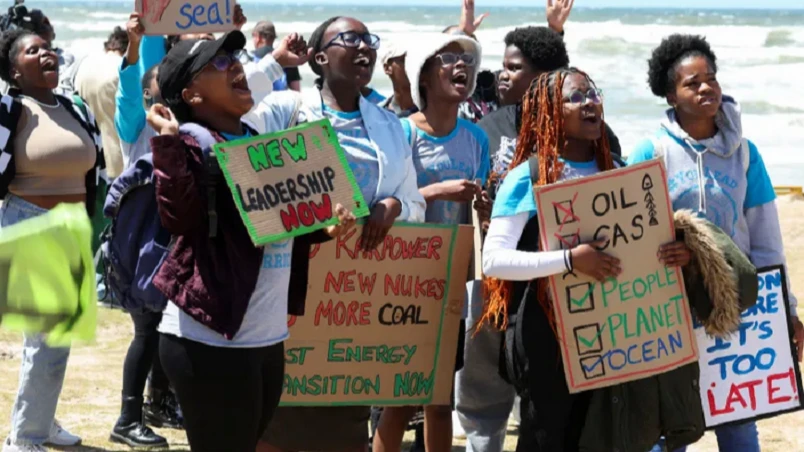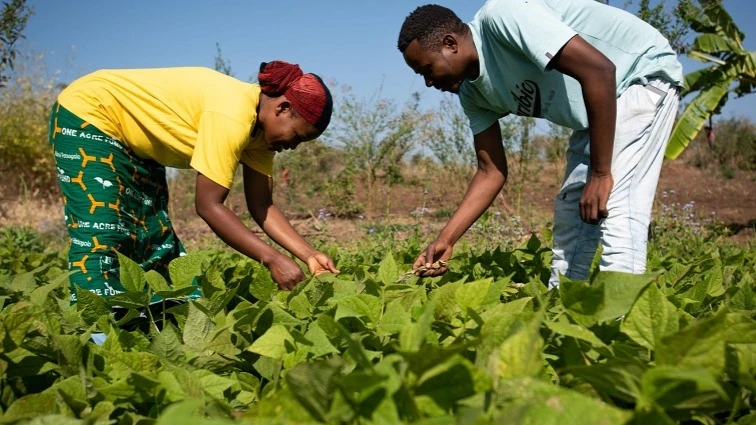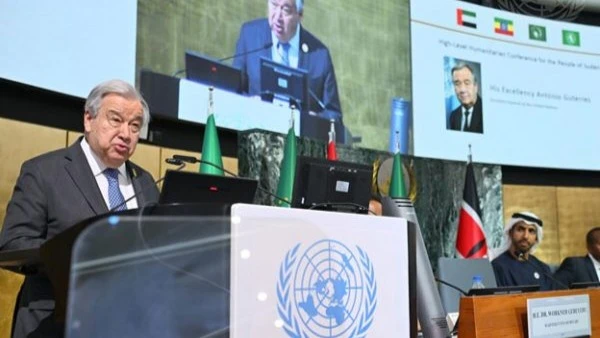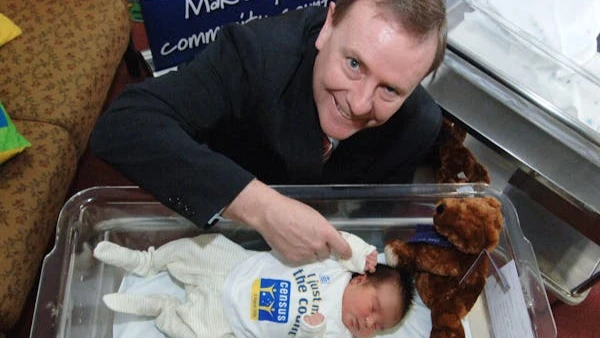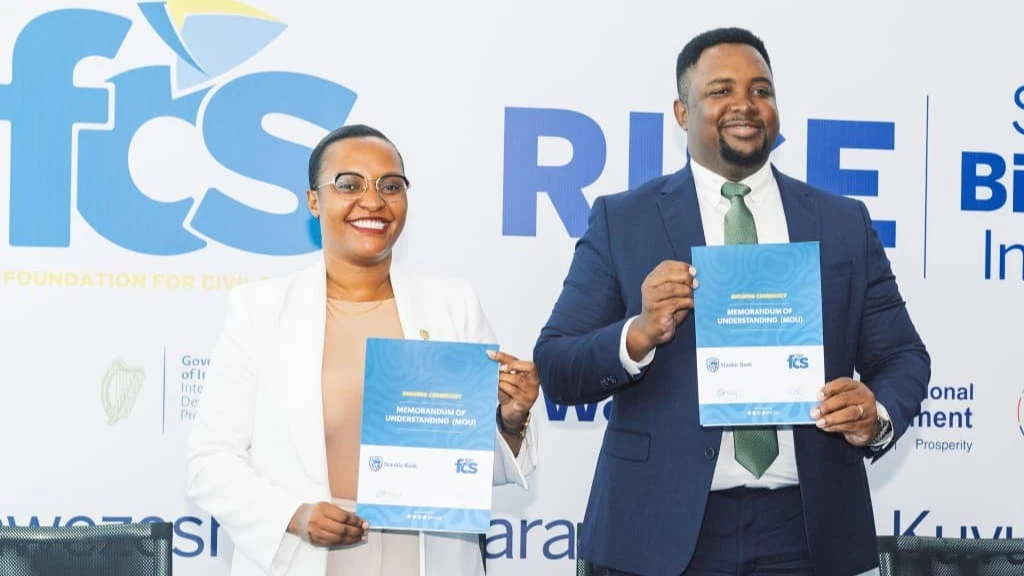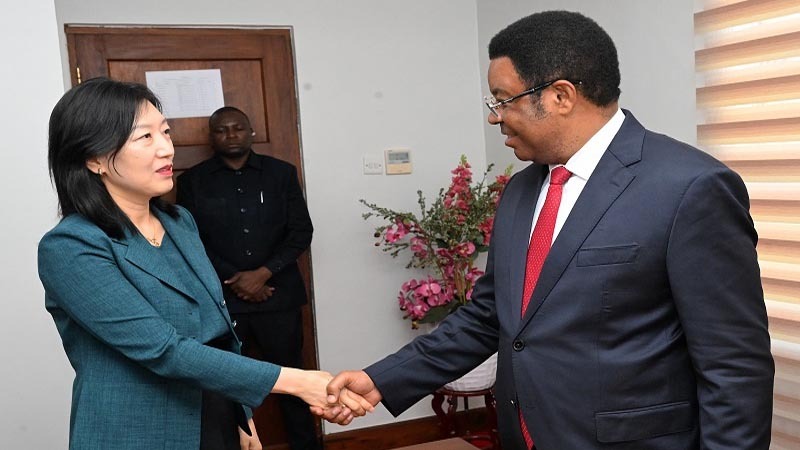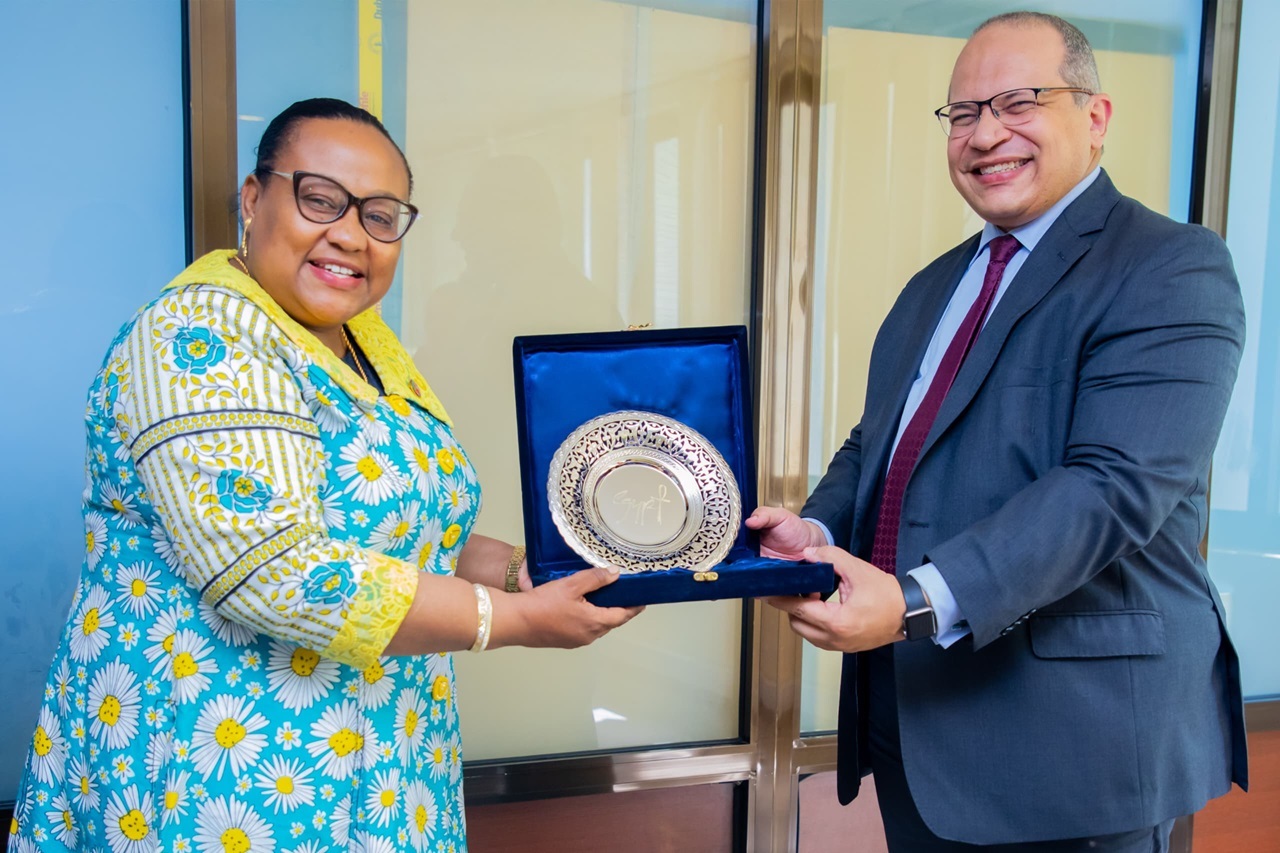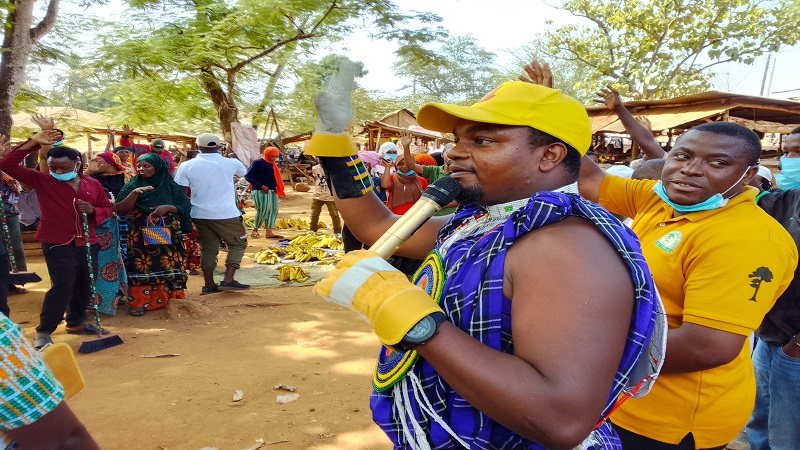Tobacco sales: Tanzania now second placed in Africa yield
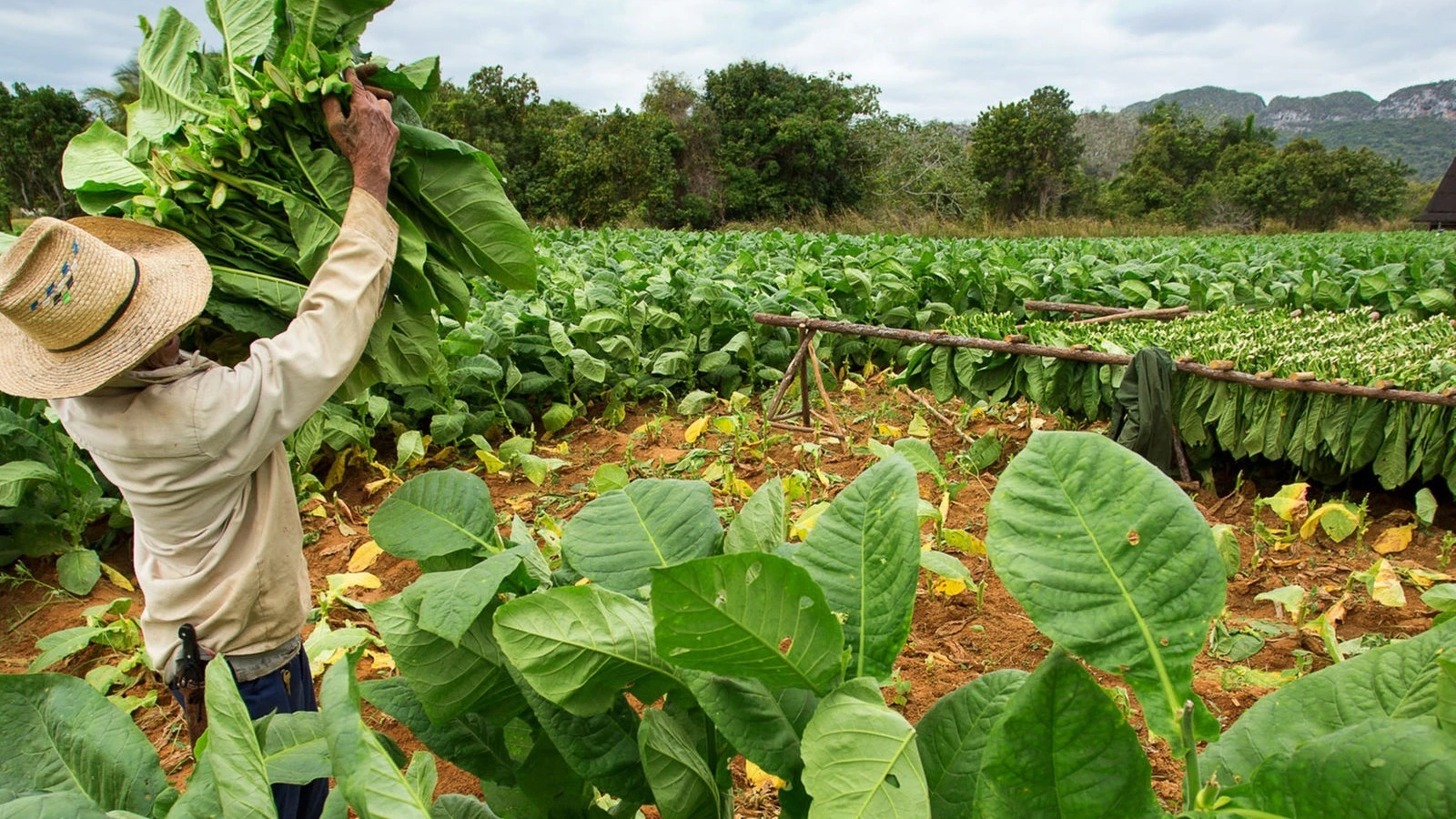
TANZANIA is the second main tobacco producer in Africa after Zimbabwe, a milestone achieved following President Samia Suluhu Hassan's decision to change policies and attract investments while enabling farmers to access inputs.
Agriculture minister Hussein Bashe made this observation here yesterday in remarks to welcome President Samia to place a foundation stone for building the 'Serengeti Cigarette Co. (SCC) factory and expansion of the tobacco curing plant belonging to the Mkwawa Leaf Tobacco Co. Ltd.
The stone laying ceremony was part of the president’s visit to the region to inspect development projects, where the minister said that upon completion of its expansion, the factory will become the second largest tobacco processing factory worldwide.
Its increased tobacco intake will increase farmers' income, he said, affirming that thei project stems from president’s foreign visits and efforts to make changes that attract investors.
This has been done with a view to enable farmers to access inputs and good working conditions, he said, saying expansion of the factory and building another will ensure a reliable market for farmers.
By early 2021 tobacco production stood at 65,000 tonnes, referring to purchases of tobaccoo left overs where the buyers enter into contracts with farmers, providing seeds and expecting them to produce 1,000 kilograms of that auxiliary produce, he said.
Tanzania ranks second in tobacco production in Africa after Zimbabwe, he said, noting that over $400m earned from the export of tobacco per season.
Tanzania had set a goal to produce 170,000 to 200,000 tonnes, but attained 122,000 tonnes, he said, blaming El Niño rains for the shortfall, as otherwise “we would have been the top producer in Africa."
The world price of tobacco has increased from an average of $1.4 per lo;p to $2.4 per kilo, with 80,000 tonnes already processed. Capacuty improvements will enable the processing of 200,000 tonnes in total, he stated.
When Tanzania starts to process 300,000 tonnes per year, the tobacco sector will providing up to 5,000 jobs, with Morogoro Region taking up $300m investments, likely to create 12,000 jobs from 5,000 jobs prior to that improvement, he stated.
President Samia pledged to restore Morogoro's status as an industrial hub to compete with Dar es Salaam and Coast Region, starting with plans to revive defunct industries like the Mang'ula Mechanical Tools and the Morogoro Canvas Mills Ltd, where the minister said the canvas mill will start producing tobacco-binding ropes.
They are currently imported at high costs, while the Moproco Vegetable Oil Mill and Refinery will also be restored to operation, he said.
The president also inaugurated a multi-purpose building at Sokoine University of Agriculture (SUA), urging universities in the country to conduct research that addresses community needs, not just publishing books and journals or competing for awards.
The building, the ‘Dr. Samia Suluhu Hassan Teaching Complex’ accommodates 3,205 students, where in her remarks the president lauded SUA for contributing 2.6bn/- from its internal funds to complete the building.
SUA Chancellor Justice Joseph Warioba, a former prime minister, stated that 92 percent of the university's research funding comes from foreign sources, which prioritize their own interests or desired outcomes.
"Only 8 percent of the funding comes from within the country. We request the government to explore possibilities for enabling various beneficial research to be conducted domestically to expand the scope of research,” he stated.
He further mentioned that the university provides practical agricultural education, with 108 students each receiving a plot of land ranging from 30 to 40 meters in size to conduct practical farming, and what they produce is their own property.
Prof Adolf Mkenda, the Education, Science and Technology minister, said that the government awards up to 50m/- to researchers who publish studies related to science, education, medicine, and technology.
Research outcomes need to be visible internationally rather than being confined to the country, with various positive research outcomes registered, including a vaccine for chickenpox and the discovery of drought-resistant bean seeds, he added.
Top Headlines
© 2025 IPPMEDIA.COM. ALL RIGHTS RESERVED








